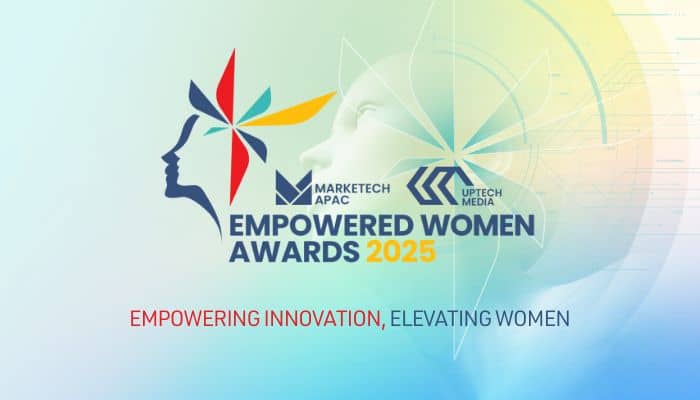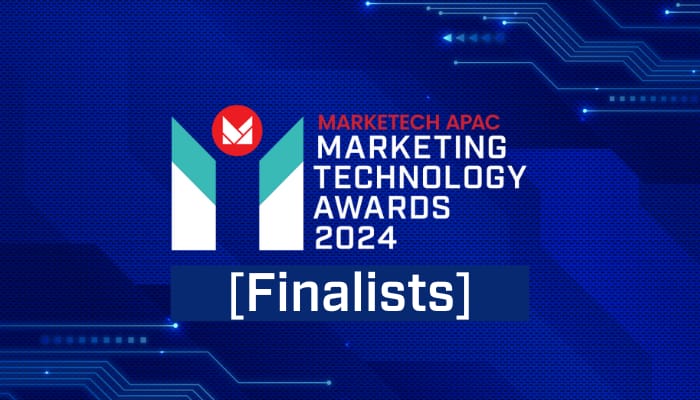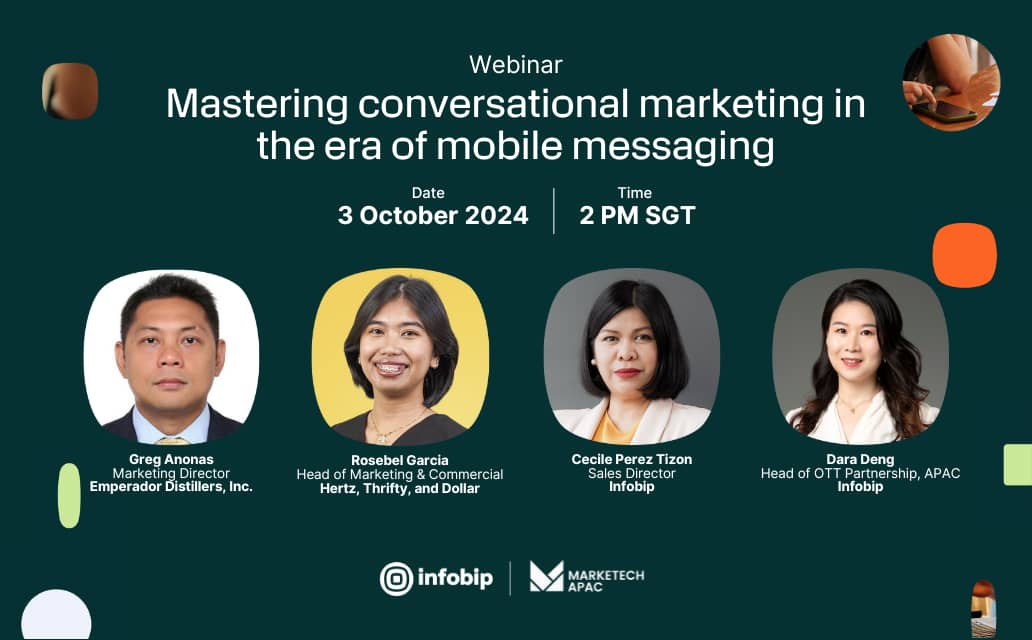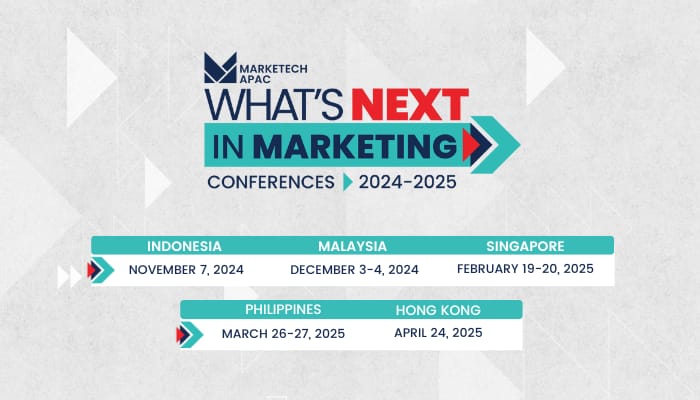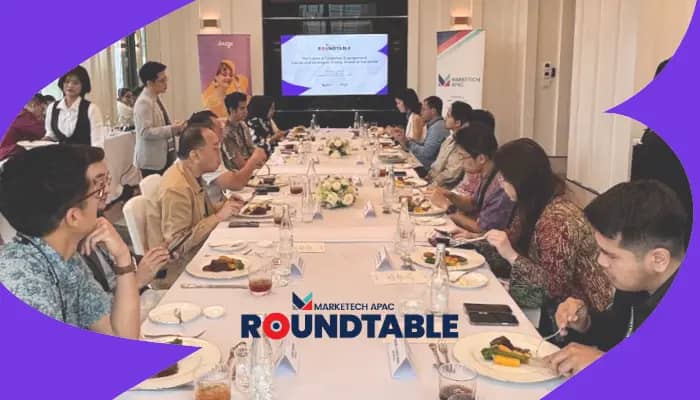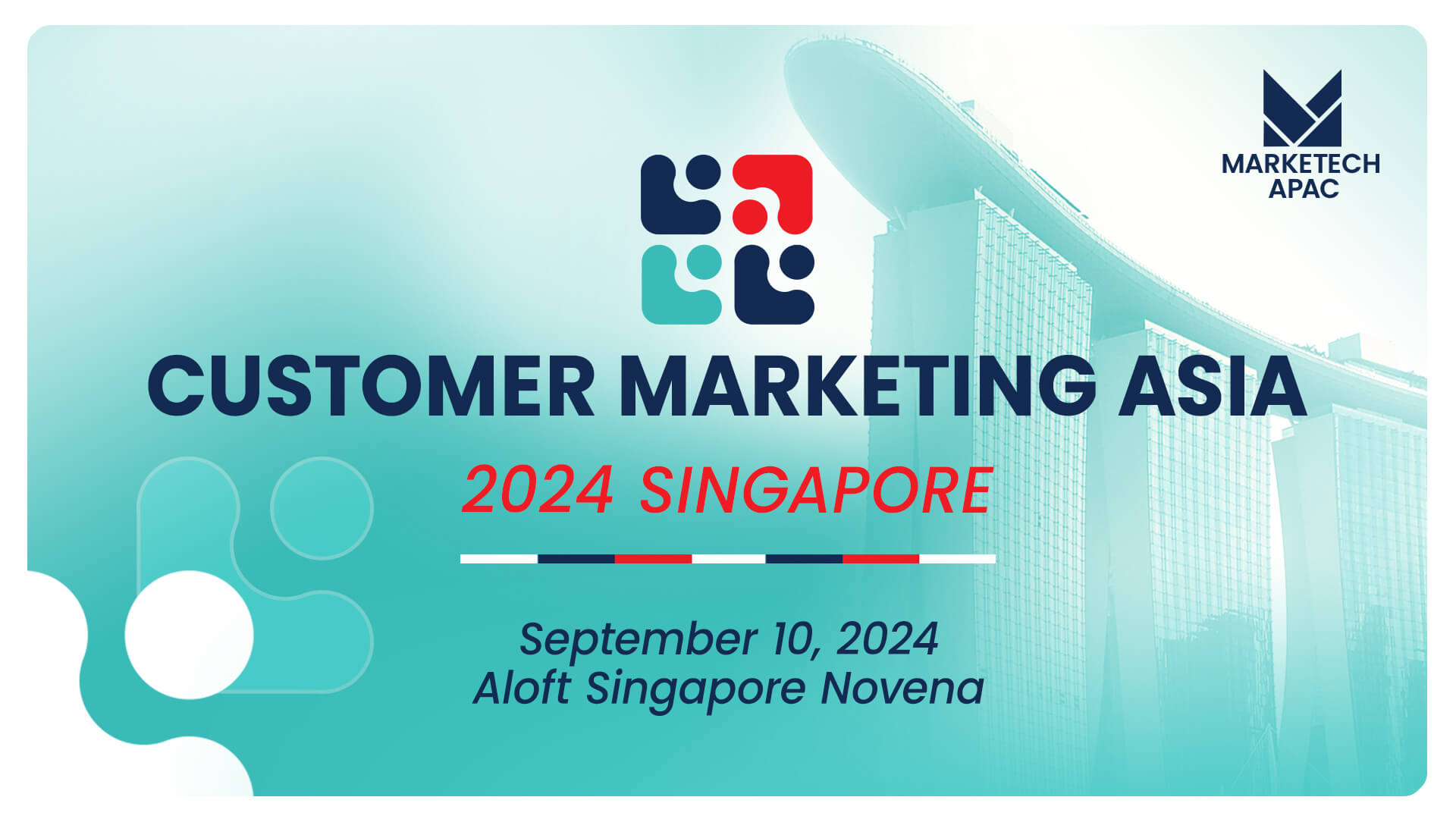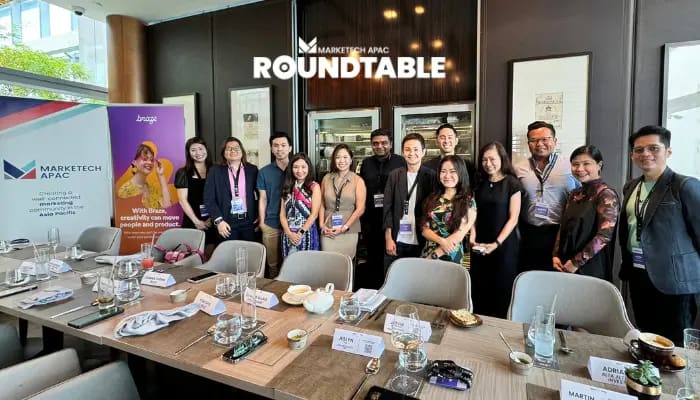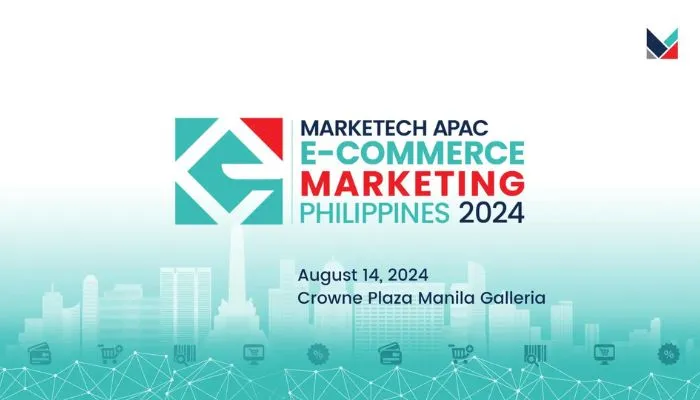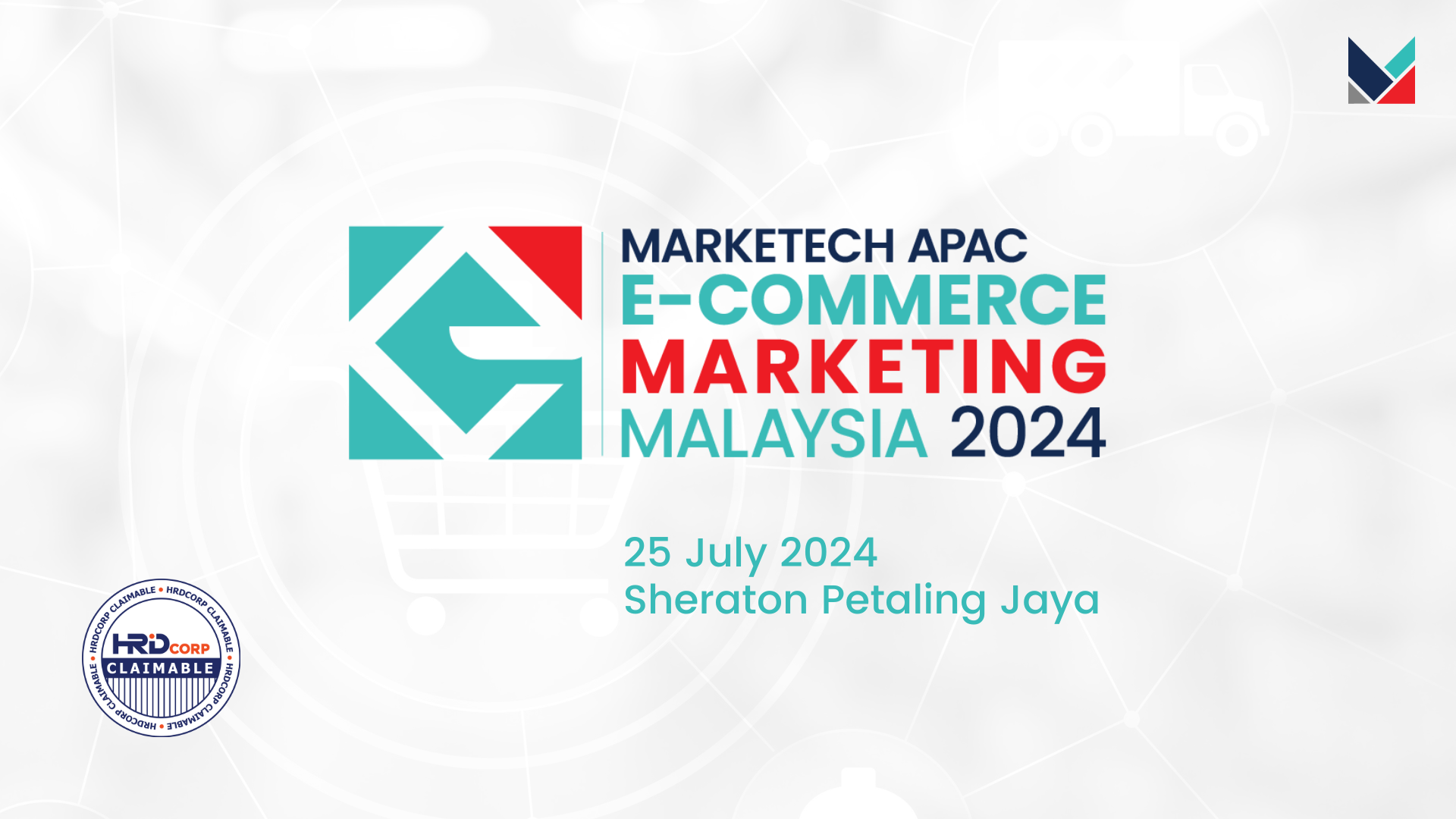In an increasingly competitive market landscape, the importance of effective customer engagement strategies cannot be overstated, particularly in the current year. Businesses are recognising that personalisation and a cohesive customer experience are critical components in building and maintaining customer loyalty. Personalised interactions not only foster deeper connections with customers but also enhance satisfaction by catering to individual preferences and needs.
As customer expectations continue to evolve, adopting these strategies is imperative for businesses aiming to stay ahead and create lasting, meaningful relationships with their clientele.
To continue fostering discussions on the importance of customer engagement strategies amongst businesses, MARKETECH APAC in partnership with Braze, invited top leaders from Indonesia for a roundtable event titled The Future of Customer Engagement: Trends and Strategies to Stay Ahead of the Game, to share their insights on customer engagement strategies, and how they’re implementing various forms of it across their marketing strategies.
This roundtable–a first for MARKETECH APAC in Indonesia–saw a dynamic and optimistic discussion on how the country’s marketers may move forward as an industry that incorporates AI-powered customer engagement tools into its DNA.
Marketing leaders who attended the event include:
- Gerald Tjan, Director of APAC Scale & SMB/Startups, Braze
- Kelvin Hong, director of brand marketing at A&W Indonesia
- Staventram Inri, performance marketing section head at Astra Financial
- Janty Sumirkan, sales & marketing director at Asuransi Simas Jiwa
- Gita Rostika, group head marketing at bank bjb
- Bayu Ramadhan, chief commercial officer at Bobobox
- Dian Paskalis, country director of growth & regional VP online marketing at Cove Indonesia
- Wilson Yanaprasetya, co-founder at Dagangan
- Mochamad Gilang Syarief, conversion rate optimization at Erajaya Swasembada
- Adrian Hoon, co-founder, COO/CMO at Getplus
- Bertha Hapsari, VP marketing at Home Center Indonesia
- Graceila Putri, co-founder at Juragan Material
- Dita Gautama, head of marketing at MODENA
- Maulana Christanto, chief of experience & analytics e-commerce at Ruparupa.com
How modern technologies shape omnichannel engagement landscape
For Dian Paskalis, country director of growth & regional VP for online marketing at Cove Indonesia, such technologies allow businesses to gather and analyse vast amounts of data from various channels, get deeper insights into customer behaviour and preferences, and anticipate customer needs across channels. To adapt to these changes, Dian advises businesses to remain agile and adapt fast to survive the change.
“Businesses can start investing in a robust data infrastructure that unifies information and customer data from all channels, providing a 360-degree customer view. This then allows the implementation of personalisation engines that can help them tailor content and offers to customers, enhancing their engagement and loyalty,” she stated.
Meanwhile, Graceila Putri, co-founder at Juragan Material notes three important contributions of these types of technologies in improving customer engagement: real-time capabilities for interaction and data transfer, advanced data analytics, and automation. When asked about her advice on how to adapt to these, she says to fully embrace it–all for the sake of improving customer engagement.
“Utilise technology to leverage data for decision-making, avoiding risks of decisions made without solid data insights. [Moreover], develop omnichannel strategies that prioritise accessibility and usability, ensuring solutions that enhance customer satisfaction,” she said.
“Modern technologies is changing the omnichannel engagement landscape. By leveraging these capabilities, businesses can and should create personalized experiences that resonate with customers, fostering deeper relationships and driving loyalty in an increasingly interconnected world.” Gerald Tjan, Director of APAC Scale & SMB/Startups, Braze added to conclude this discussion.
Ensuring seamless integration across diverse customer touchpoints
Wilson Yanaprasetya, co-founder at Dagangan explained that as customers prefer to switch between channels without disruption, businesses must maintain a consistent brand identity across all customer touchpoints. Such type of consistency makes it easier for customers to recognize the business and fosters trust, reassuring them that they are engaging with the same reliable entity.
For Wilson, there are three essential focuses that businesses should follow: mapping out the customer journey, leveraging advanced analytics and AI technologies, and elevating the post-sale process. Using his company as an example, he notes that these types of focus points are important, especially when your consumer base are based in rural areas and are not technologically literate.
“We focus on simplicity in our app to provide an easier experience. We leverage push notifications, chat commerce, and community-based social commerce to enhance engagement. Additionally, we offer support through our local field teams, who are ready to provide clear information regarding transactions in our app,” he explained.
Meanwhile, Kelvin Hong, director of brand marketing at A&W Restaurants Indonesia commented that businesses should have a clear omnichannel strategy that merges not only the sales channel touchpoints but also the communications channel, with a clear and consistent messaging.
“The key here is touchpoints that matter; and that builds the base for an omnichannel strategy to have a clear starting point. If we have additional insights, we can look into enhancing the customer or user experience across different channels, e.g. website, navigation, apps, social media, online sales etc.to build a better personalised user experience with good insights that can further craft our deliverables better,” he said.
Kelvin also points out that in order to have an effective omnichannel strategy today, brands should identify what channels are important to their customers for the brand concerned, what are the pain points (if any) on these channels (from the brand) and ensuring that the brands are present in these channels that matters to them with consistent messaging albeit some creative flexibilities.
For Staventram Inri, performance marketing section head at Astra Financial, businesses can ensure seamless integration across various touchpoints to provide customers with a cohesive and personalised experience through a combination of strategic approaches, and that establishing a unified customer profile is crucial.
“By consolidating data from all touchpoints such as website interactions, social media engagements, and in-store purchases into a single Customer Relationship Management (CRM) system, businesses can gain a comprehensive view of each customer. This allows for personalised recommendations and tailored interactions based on individual preferences and behaviours,” he said.
Challenges in AI integration into customer engagement strategies
Adrian Hoon, co-founder & COO / CMO at GetPlus has enumerated various challenges on AI-powered customer engagement strategies–including data readiness, quality and integration (referring to how inconsistent and incomplete data data can significantly hamper the performance of AI tools); how integrating AI with legacy systems and existing customer engagement tools can be complex and resource-intensive; as well as balancing the need for personalised experiences with the efficiency of generalised AI models can be difficult.
He added that solutions included having unified data platforms which will implement integrated data management platforms that consolidate data from various sources, implementing AI in a phased, modular approach to minimise disruptions and ensure smooth integration, developing segmented AI models that cater to different customer groups for more tailored interactions, as well as using real-time data and machine learning to dynamically personalise interactions.
Meanwhile, Dian also highlights other challenges like the lack of AI expertise, ethical concerns, and potential bias in these systems. For her, businesses should foster a culture of innovation and continuous learning, encouraging employees to embrace new technologies and ways of working. Moreover, businesses should also implement ethical AI frameworks and conduct regular audits of their AI systems to ensure fairness and transparency.
“Businesses often face difficulties in consolidating data from disparate sources and ensuring its accuracy and relevance. Businesses can invest in data governance frameworks that standardise data collection, storage, and processing practices. Implementing AI solutions with built-in data cleaning and normalisation capabilities can also enhance data quality, she said.
Balancing AI-driven automation and human touch
For Dian, striking a balance between AI-driven automation and the human touch involves a strategic approach that leverages the strengths of both. So it is important to first identify touchpoints where human interaction adds significant value, such as in resolving complex issues, providing personalised consultations, or offering empathetic support.
“Businesses can use AI to empower agents by providing agents with real-time data analysis, customer history, and sentiment analysis to better inform their interactions. This allows human agents to deliver more personalised and effective customer service,” she said.
Dian further added, “Clearly communicate to customers when they are interacting with AI versus a human. Transparency fosters trust and this allows customers to enjoy the convenience of AI while giving them the choice to reach a human agent if needed.”
Meanwhile, Wilson highlights that this balance depends on how technologically savvy the brand’s customer profile is and what their journey looks like across the brand’s customer journey diagram. In their case, they combine digital and offline touchpoints, including an online platform that enables customers to browse and purchase products, as well as physical hubs located in rural areas.
“We collaborate with technology players, financial institutions, and government agencies to facilitate access to financial literacy. We also create micro-events that serve as local brand activation initiatives, providing immersive shopping experiences for our customers, enhancing brand visibility and credibility, and collecting valuable market insights,” he said.
Gerald Tjan, Director of APAC Scale & SMB/Startups, Braze added: “There must be a balance between AI-driven automation and the human touch. While we embrace technologies to help make our work easier, we must integrate the human element into the customer experiences we provide in order to build long-lasting relationships
***
In conclusion, enhancing customer engagement is crucial in today’s competitive market. However, inconsistent and incomplete data can significantly hinder AI-powered customer engagement strategies, leading to suboptimal results. It’s essential for businesses to be transparent with their customers about whether they are interacting with an AI tool or a human representative, as this clarity can build trust and improve the overall customer experience.
Furthermore, fostering collaboration among teams and leveraging their collective insights is key to refining and optimising existing engagement strategies. By addressing these aspects, businesses can create more personalised, effective, and trustworthy interactions with their customers, ultimately driving loyalty and satisfaction.
Learn more about actionable trends and insights in the customer engagement space by checking out Braze’s “The State of Customer Engagement in APAC” report, which highlights insights from APAC marketing executives and how they can provide actionable solutions to the strategic challenges they present.

